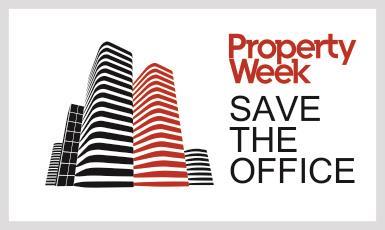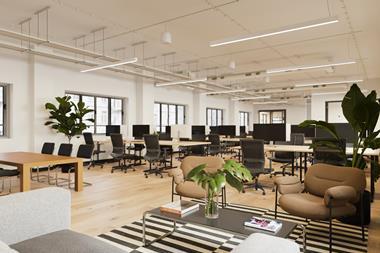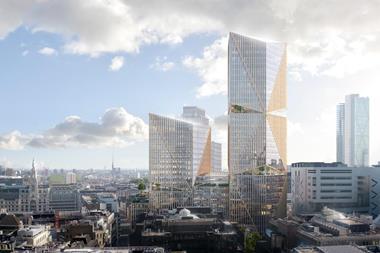I recently spent the two least productive days since the start of lockdown. I went back to the office.

Following patriotic exhortations from the prime minister and more judicious overtures from an employer, I ventured forth to do my bit for Pret and country. My reunion with Southeastern railways was an hour of my life and £4.70 each way I’ll never get back.
The Pret salad and afternoon Americano proved just about as costly and fairly time-consuming for ‘fast food’, even without queuing for the office lift (because so few other people were in the building). But it was my relative lack of output compared with working from home (WFH), where I am right now, that was the revelation.
Covid will force a wholesale reappraisal of office life, space requirements, rents and capital values. As a taste of what might come, British Land revealed last week that physical occupancy in its state-of-the-art, Covid-compliant London office complexes has settled at a shockingly low 18% of previous staff attendance levels.
Covid will force a reappraisal of office life, space requirements, rents and capital values
But I doubt that will greatly dent output. For months of WFH, I’d wake up (at a less ungodly hour), jump in and out of the bath, brew a double-strength coffee and, apart from a refill and mid-morning slice of toast, I’d be head down bashing through reports, spreadsheets, emails, calls and Teams meetings until lunch (leftovers from the previous dinner). By about three, I’d have achieved the equivalent of two full office days of output. The main difference? At risk of sounding misanthropic, the absence of my fellow workers.
In a recent attempt to entice staff back to base, JP Morgan boss Jamie Dimon extolled the “creative combustion” of office life. I call it banter and it’s rarely creative, other than when comparing the merits of rival Fantasy Premier League players on a Monday. If I had a banterometer it would probably register two hours a day on average, with me as a prime contributor.

Yes, there are numerous benefits of face-to-face contact – not least in winning new clients. But for many – if not most – office workers, output could be improved by better segregating functions best done in hermetic isolation (reports, analysis and so on) and those in fist-pumping huddles (‘brain storming’, I suppose). If you’re prepared to endure a trip on the Northern Line to achieve the latter, you’re probably more inclined to time-manage your meetings to perfection.
Finding a middle way
But there could be a ‘middle way’, with suburban ‘micro-WeWorks’ emerging, offering a desk, wifi and coffee for workers who resist commuting but face going mad at home. Pubs are already reported to be repurposing in this direction. A new breed of nomadic workers would see the office as an oasis for tribal gatherings, rather than a permanent settlement – but with improved output at the office, in the home or on the road.
In the short term, social distancing will probably mean the same overall desk space in city-centre offices – just every other one empty. But when the pandemic starts to retreat – probably further ahead than anyone suspected – it will mean fewer desks. And space.
It looks inevitable that city centre rents will shift from a landlord’s to a tenant’s market. Forget upward-only reviews. Required yields could start to head up, dealing a double whammy to capital values.
No office owners are likely to emerge unscathed, but history suggests the best located and equipped properties are more likely to hold their own. Offices will have to become more flexible and adaptable. ‘Signature’ towers are likely to be looked upon less favourably in a new era of corporate rectitude, especially with a maximum of six occupants per lift.
Offices aren’t dead, just like shops aren’t (entirely). But if the former sector isn’t to face some of the existential threats endangering the latter, the entire nature and economics of the market will have to change rapidly. Right, 2.53pm – I’m all done for the day.
Alastair Stewart is an equities analyst and consultant































No comments yet